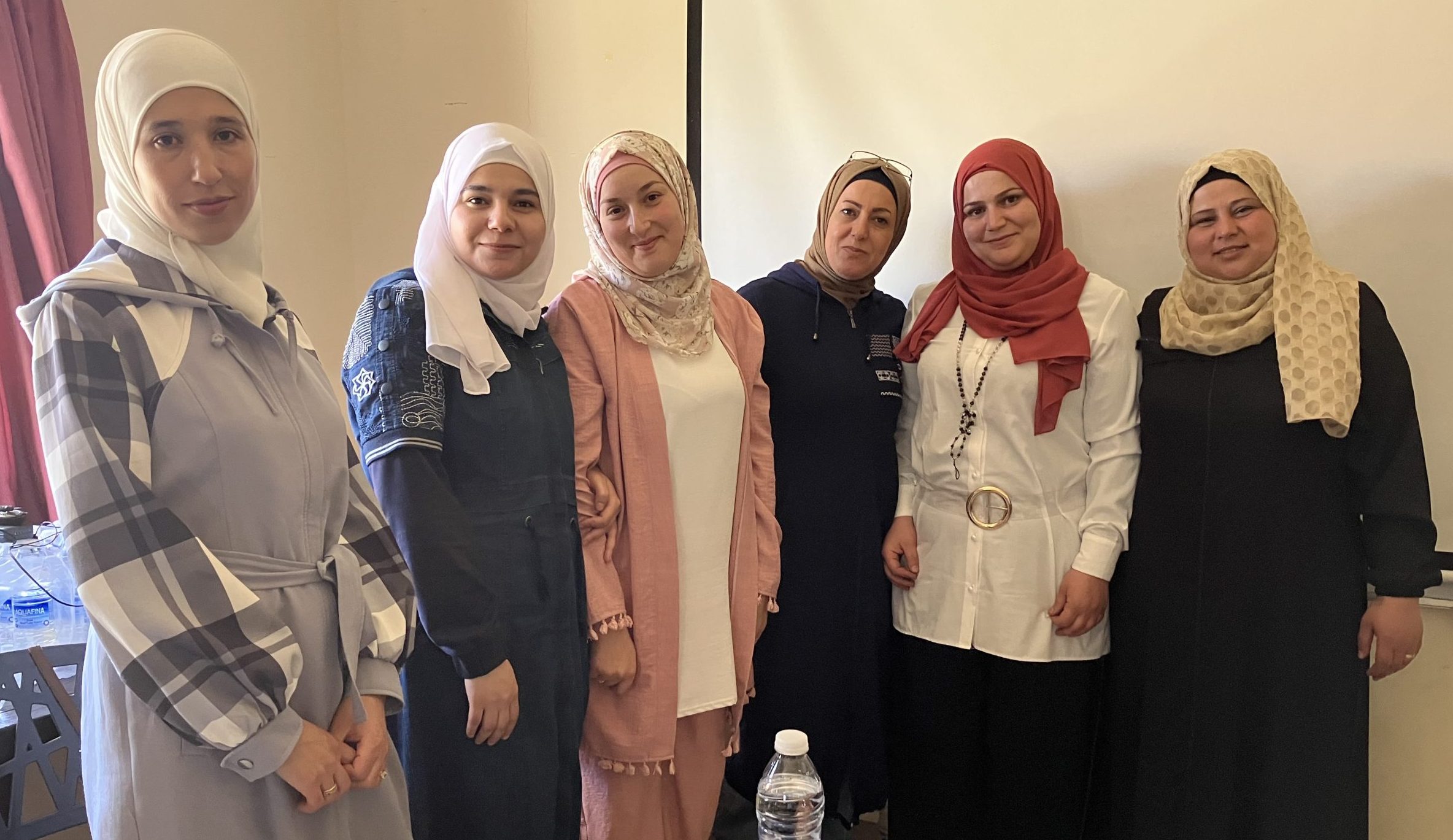
Refugee women in the informal health sector in Lebanon: gendered experiences of close-to-community healthcare providers during the COVID-19 response
Download this paper here. [opens new tab]
During the COVID-19 pandemic, close-to-community (CTC) healthcare providers emerged to compensate for the lack of healthcare workers in areas with high concentrations of Syrian refugees. Gender norms and power relations shaped the experiences of those CTC providers. This study explored the lived experiences of men and women CTC providers in Beqaa, Lebanon. It examined their gendered experiences during the COVID-19 response using in-depth interviews with informal CTC providers who are members of the Syrian refugee community themselves, and key informant interviews with their managers.
The study found that CTC providers faced many challenges in their work including illegal work, absence of benefits, high workload, insufficient income, transportation challenges, disturbances in family life, and social isolation. Working illegally as refugees led to underpayment and absence of benefits. Gender norms and power dynamics significantly influenced the experiences of these CTC providers. Women CTC providers faced increased workload, lower payment, limited opportunities for extra hours, the pressure of juggling work and family life, transport challenges, psychological distress and lack of support from their organizations.
In conclusion, the COVID-19 pandemic has shed light on how gender shapes vulnerabilities within the healthcare response response. Women and men informal CTC providers experienced different challenges providing healthcare services for their communities during the COVID-19 response. There is a need to address the vulnerabilities for women CTC providers and develop and implement practical interventions to address them.
Download this paper here. [opens new tab]
Further information
This paper is based on the study The gendered experience of close-to-community providers in fragile and shock-prone settings: implications for policy and practice during and post COVID-19. More on that study and its other outputs here.
Citation
Rouham Yamout, Wesam Mansour, Maya Abou Saad, Joanna Khalil, Fouad M. Fouad and Joanna Raven, Refugee women in the informal health sector in Lebanon: gendered experiences of Close to Community healthcare providers during the COVID-19 response, SSM – Health Systems, (2024) doi:https://doi.org/10.1016/j.ssmhs.2024.100013
Image: Close-to-community health workers in Beqaa, Lebanon